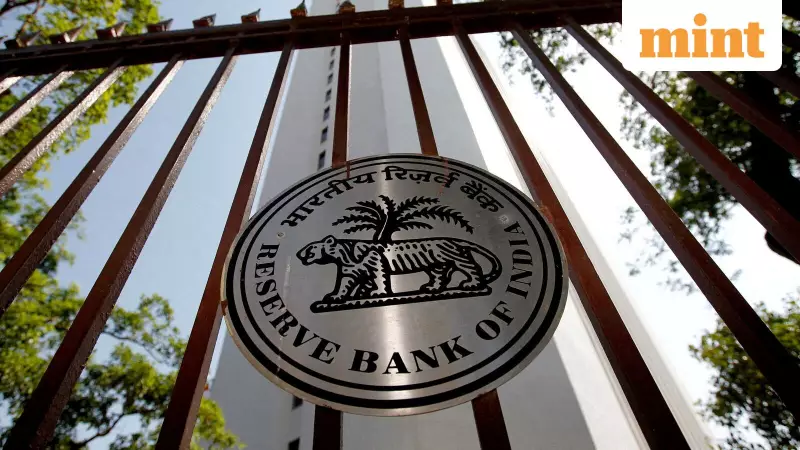
In a significant move that could reshape India's banking landscape, the government is set to maintain existing restrictions on voting rights for major shareholders in private sector banks. According to insider sources, the current 26% cap on voting rights will remain unchanged despite broader banking sector reforms.
The Regulatory Shield: Protecting Banking Stability
The decision reflects the Reserve Bank of India's (RBI) cautious approach toward maintaining stability in the financial sector. This strategic move ensures that no single entity, regardless of their shareholding percentage, can exert disproportionate influence over banking operations.
"The government's stance demonstrates its commitment to safeguarding the integrity of India's banking system," explained a senior finance ministry official familiar with the discussions. "While we encourage investment and growth, we cannot compromise on regulatory oversight and financial stability."
What This Means for Major Investors
The maintained restrictions present both challenges and assurances for investors:
- Large shareholders cannot exceed 26% voting rights even with higher equity stakes
- Foreign investors face the same limitations as domestic players
- Regulatory oversight remains paramount in banking governance
- Minority shareholder interests receive additional protection
Broader Banking Reforms Continue
Interestingly, this decision comes amid other significant banking sector liberalizations. The government has been actively working on:
- Streamlining licensing processes for new banks
- Enhancing digital banking infrastructure
- Promoting financial inclusion initiatives
- Strengthening risk management frameworks
"This isn't about restricting growth but about ensuring sustainable, stable expansion of our banking sector," emphasized a regulatory affairs expert. "The balance between attracting investment and maintaining control is delicate but crucial."
Market Implications and Future Outlook
The banking industry has responded with cautious optimism. While some major investors had hoped for relaxed voting rights, most acknowledge the importance of regulatory stability. This decision signals the government's long-term commitment to a controlled, phased approach to banking sector reforms.
As India positions itself as a global economic powerhouse, the banking sector's stability remains a cornerstone of its growth strategy. The maintained voting rights cap ensures that while the sector evolves, it does so within a framework that prioritizes national financial security and consumer protection.






